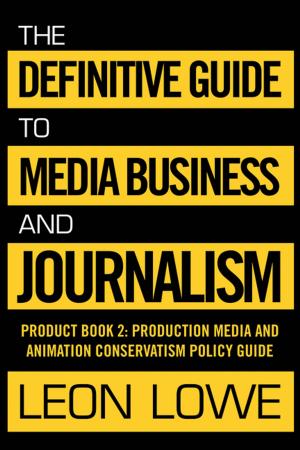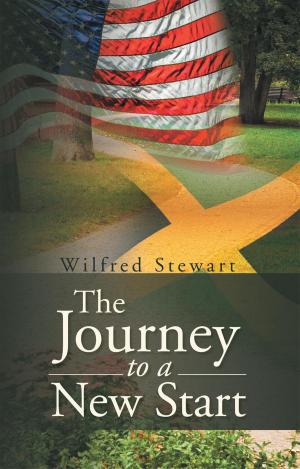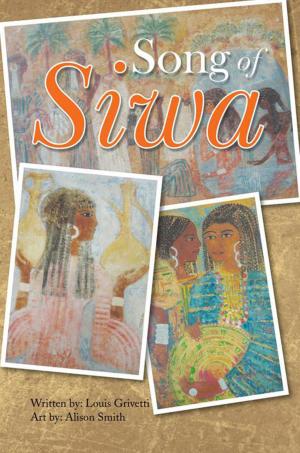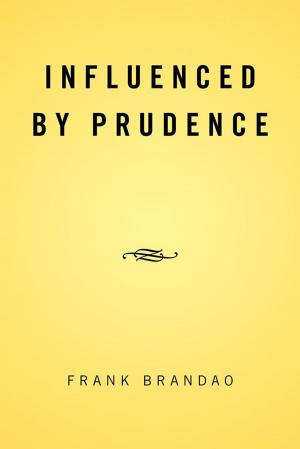. . . and the Sun Will Rise from the West
The Predicament of "Islamic Terrorism" and the Way Out
Nonfiction, Social & Cultural Studies, Social Science| Author: | Rafaat Ludin, Windham Loopesko | ISBN: | 9781514488881 |
| Publisher: | Xlibris US | Publication: | June 7, 2016 |
| Imprint: | Xlibris US | Language: | English |
| Author: | Rafaat Ludin, Windham Loopesko |
| ISBN: | 9781514488881 |
| Publisher: | Xlibris US |
| Publication: | June 7, 2016 |
| Imprint: | Xlibris US |
| Language: | English |
This book seeks to offer an interpretation of how terrorism has become a tool of Muslim radicals and why it is completely at odds with the teaching of Islam. It claims that terrorism has nothing to do with Islam as a religion but the evolution of Muslims, especially in the past one thousand years, has created an environment in which fanaticism, radicalism and violence can nourish. Supported by double standards by Western powers and active backing for corrupt governments and groups, Islamic terrorism came into being. It presents an overview of how Islamic thought in many parts of the Muslim world has become rigid and frozenand grounds for hoping that change in that thought may come, from a perhaps surprising place. It suggests the role that both Muslim and Western societies have played and will continue to play in contributing to reforming Islam. Our purpose is not to provide a thorough proof of our ideas, but to spark discussion and dialogue, both in Muslim and non-Muslim communities (and, ideally, between the two) as to how Islam can regain in world thought and civilization the honored place it had during the Golden Age of Islam.
This book seeks to offer an interpretation of how terrorism has become a tool of Muslim radicals and why it is completely at odds with the teaching of Islam. It claims that terrorism has nothing to do with Islam as a religion but the evolution of Muslims, especially in the past one thousand years, has created an environment in which fanaticism, radicalism and violence can nourish. Supported by double standards by Western powers and active backing for corrupt governments and groups, Islamic terrorism came into being. It presents an overview of how Islamic thought in many parts of the Muslim world has become rigid and frozenand grounds for hoping that change in that thought may come, from a perhaps surprising place. It suggests the role that both Muslim and Western societies have played and will continue to play in contributing to reforming Islam. Our purpose is not to provide a thorough proof of our ideas, but to spark discussion and dialogue, both in Muslim and non-Muslim communities (and, ideally, between the two) as to how Islam can regain in world thought and civilization the honored place it had during the Golden Age of Islam.















